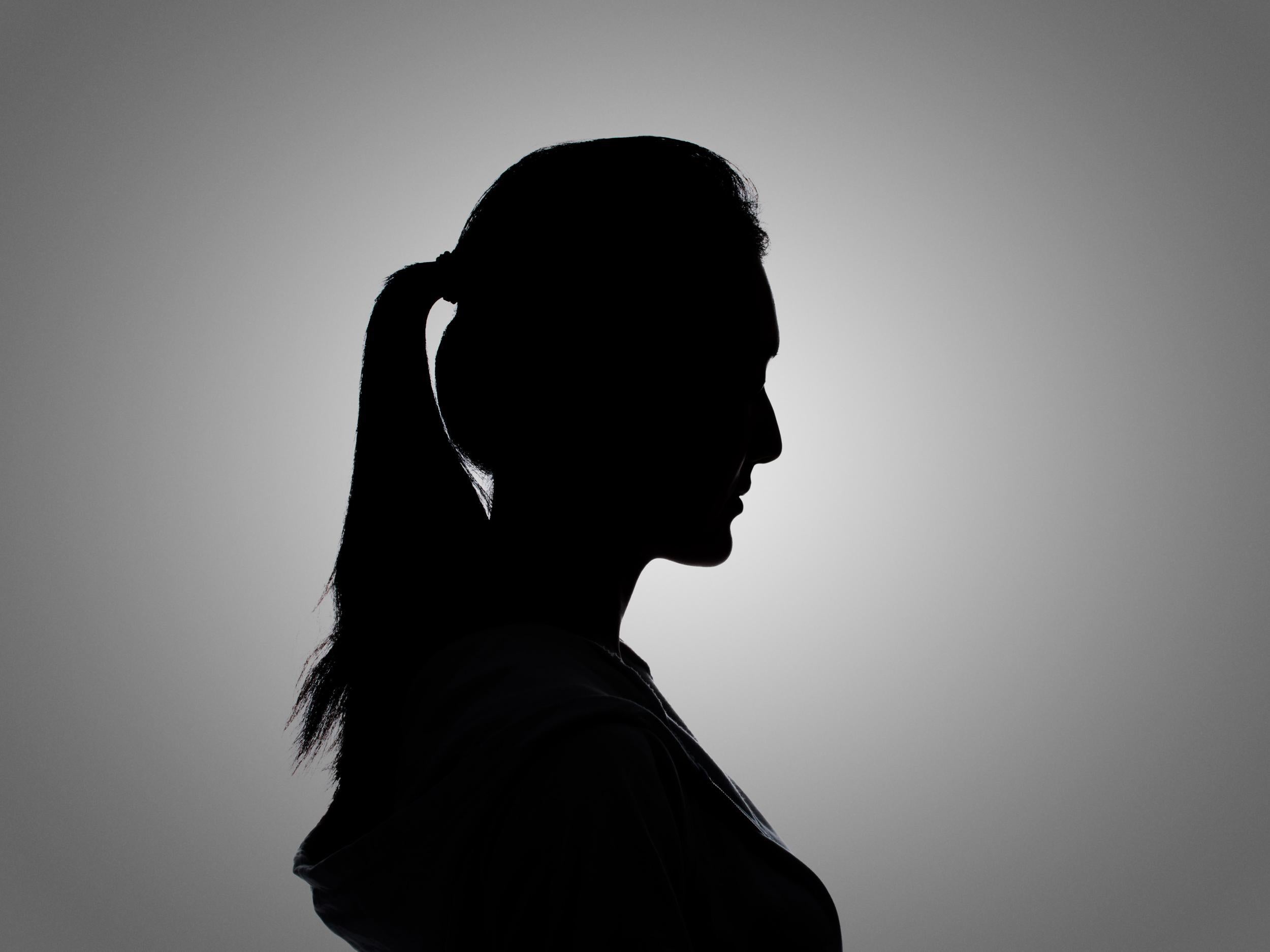Police 'fear being labelled racist' if they investigate forced marriage, campaigners claim
'The consequences for victims are devastating'

Campaigners against forced marriage have claimed that police forces and other public bodies fear being labelled racist for investigating the crime, following a one-third drop in the number of cases referred to prosecutors.
Investigators sent on just 56 cases to the Crown Prosecution Service (CPS) in 2016-17, according to figures released this week - a decrease of 37 per cent on the 90 cases brought the year before.
Jasvinder Sanghera, of the Karma Nirvana charity, who as a teen ran away from home to escape a forced marriage, told The Independent she was “absolutely horrified” by the figures.
She added: “Perpetrators have got to feel the arm of the law, and to feel that there is a deterrent. This is sending the wrong message to victims and perpetrators. We’ve been raising the issue of so few prosecutions since the law came out. I don’t see any acceptable plan from the CPS or from police forces to make sure that officers are aware of this.”
She added: “The evidence is clear to our helpline today, as with past public inquiries such as Rotherham, Victoria Climbié and others, that police and other professionals charged with safeguarding against forced marriage fear treading on cultural toes, rocking the boat and, worse, being branded racist. The consequences for victims are devastating.”
Another forced marriage survivor, now a civil servant who also works with Karma Nirvana’s school outreach programme, told The Independent: “I know it from first-hand experience, where local authorities are fearful of community leaders in case they get labelled as racist.”
Training on how to combat forced marriage must be mandatory for public servants in safeguarding roles, said the woman, who asked to remain anonymous.
Of the 56 cases seen by the CPS in the last year, charges were brought in 36 of those, and all involved defendants who were related to the victim, meaning the cases were also classed as domestic abuse.
The CPS took 44 cases to court in the same period, including eight alleged breaches of forced marriage protection orders. It gained 32 convictions.
Sarbjit Athwal, who founded the anti-honour crime charity True Honour, told The Independent: “Some still believe it’s a cultural matter. This needs to stop and people should stop thinking they will offend by for digging deeper. If this continues, victims or witnesses will not come forward.”
The most recent report from the Government’s forced marriage unit (FMU) revealed it had given advice or support in 1,428 cases of possible forced marriage in 2016. More than a quarter, or 26 per cent, involved people under 18.
The FMU said the crime “is not a problem specific to one country or culture,” and that “no major faith in the UK advocates forced marriage”.
It added: “Since it was established in 2005, the FMU has handled cases relating to over 90 countries across Asia, the Middle East, Africa, Europe and North America."
While the CPS took nine fewer cases to court in 2016-17, it won a greater proportion of them than in the previous year, with a conviction rate of 72.7 per cent compared to 60.4 per cent in 2015-16.
A spokeswoman said: “The CPS is committed to improving the rates of prosecutions and convictions for forced marriage offences. While referrals from police have decreased, the number of convictions remains steady compared to last year and the conviction rate has risen.
“We agreed a joint protocol with the police in December 2016 that has reinforced best practice in forced marriage cases for investigators and prosecutors, while ensuring that all possible steps are taken to support and protect victims.
“Forced marriage and breaches of forced marriage protection orders are some of the most complex crimes referred to the CPS. It is often very difficult for victims to come forward and report the crime, as it is for them to support a prosecution through the justice system.
“We are working with police and the third sector to ensure potential cases of forced marriage are recognised, robustly investigated and referred to the CPS, and that the appropriate charging decisions are made.”
A spokesman for the National Police Chiefs’ Council said the organisation was investigating the fall in prosecutions but that reporting of domestic abuse had risen substantially, “suggesting victims are more confident to come forward”.
He added: “The slight fall in prosecutions this year is concerning and we are already working with CPS to understand why this has happened. We will continue to coordinate with partners across the criminal justice system to hone our joined-up approach to dealing with domestic abuse.”
